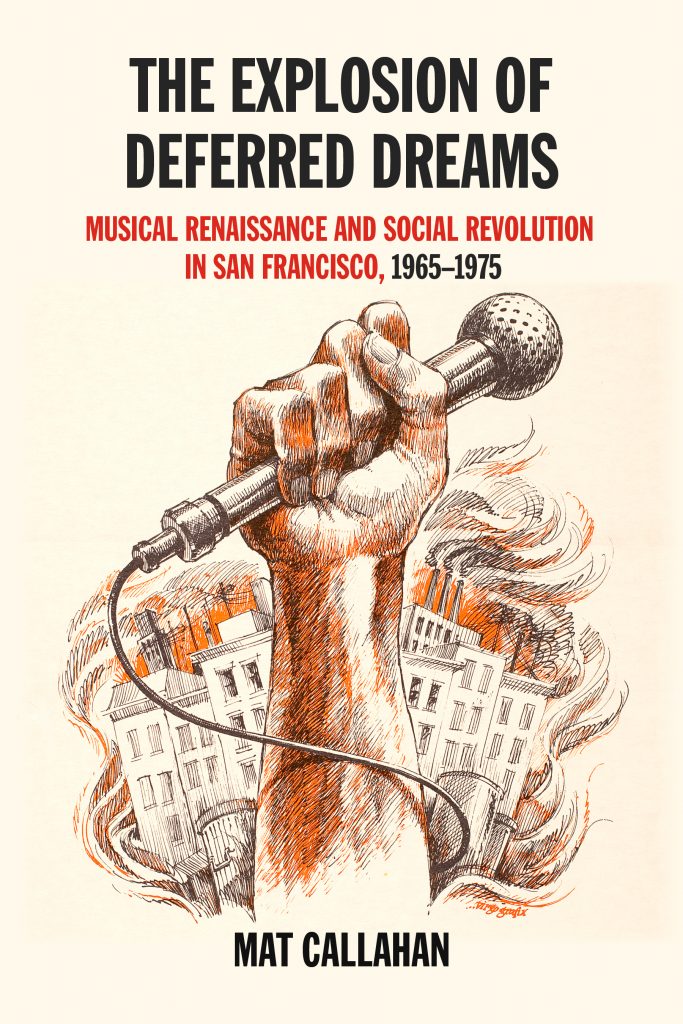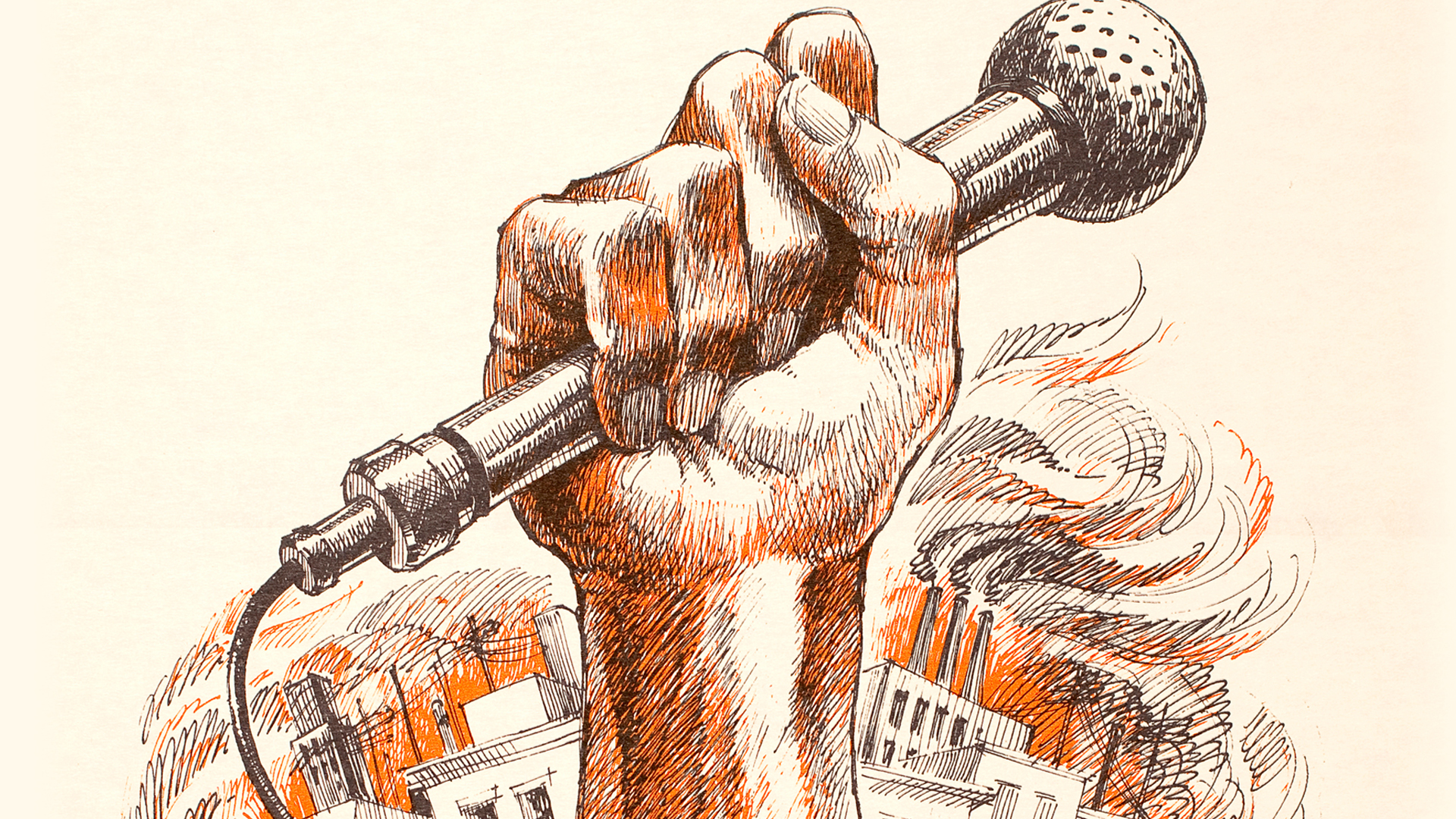
By Nick Kuzmack
Nixbeat
February 7th, 2017
The Explosion Of Deferred Dreams is an essential book that explores the powerful relationship between music and politics. Author Mat Callahan highlights the struggles that defined the 1960s and although it is a subject well covered, he shows that this era was fresh with sounds that made one move, and groove in a way that was totally revolutionary. This culturally and revolutionary period was far from perfect and could not be boiled down to the popular idea of simply having flowers in one’s hair. In his study, Callahan uses the San Francisco as his model to understand a deep political history that coincides with the cultural renaissance of the 60’s. To do this, Callahan explores a history of the civil rights, labor struggles and the emergence of feminism.
To understand the complex relationship
between music and politics, Callahan first shows that the sounds that
came out of the era defied traditional modes of authority because it was
a form of expression that was beyond the ability to control. Music was
and still is an expression of feeling. Callahan shows this by
highlighting the power of performance as a way to channel revolutionary
sentiment and even action. Callahan does not shy away from this medium’s
controversial pitfalls or its limitations. For example, Callahan
explores the capitalist motivations of people who worked behind the
scenes and the fans/ musicians flirtations with the intoxicating effects
of substances for inspiration. This being said, The Explosion Of Deferred Dreams is very much about the relationship that music plays with politics, for good or bad.
This
is fascinating particularly because of the raw nature of sounds that
came from folk, rock n’ roll or soul to evoke feeling—a notion not truly
understood then by the powers that be.
However, as Callahan cites this as an impressive and powerful feat, this revolution did not last. The raw feeling that largely defined the revolutionary aspects of the sounds that came out of the ‘60s were eventually co-opted and filtered into family friendly or acceptable means. Although this resulted in a certain potency being lost, Callahan does show that was to a large degree regained by the punk movement in the late ‘70s.
While
Callahan’s look at music as ungovernable medium is above all
fascinating, his explorations of topics like feminism, labor struggles
and civil rights are intriguing and are important to understand the
times. Callahan’s explorations of feminism are of particular note as a
philosophy of brutal honesty. As a movement it challenged all things
from the fundamentals of the revolutionary movements to societal
relationships. Not only that, but Callahan shows that women’s part to
play in musical growth is fundamental it’s evolution. Although, he does
take care to point out women’s exclusion from the machinations of the
music industry.
The Explosion Of Deferred Dreams is an
important read to understand the power that music has in the realms of
political change. The feelings invoked by rock n roll, soul, folk or
other forms were exciting and raw—and arguably they still are. To couple
music with forms of resistance was not a new idea, but for the
turbulence of the ‘60s, it was truly revolutionary and considered a
plausible threat to the establishment. No doubt music still plays a key
role in expression, both politically and recreationally. Given the
uncertainty of modern times and arguably our collective future, The
Explosion Of Deferred Dreams may not only be an interesting read, but an
essential one to explore what made music a definitive power of
resistance and what were the shortcomings of it.






